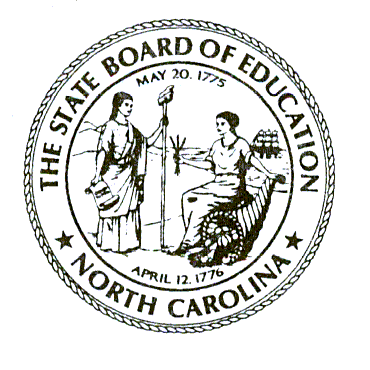North Carolina Blocks Online Public Charter

Parents in the State of North Carolina want a new, online public charter school, North Carolina Virtual Academy (NCVA), that would expand school choice options and individualized instruction for students. The school received preliminary approval to operate under the Cabarrus County Board of Education. Yet, the North Carolina School Boards Association (NCSBA), State Board of Education (SBE) and 60 school districts are trying to block it. What went wrong?
North Carolina Learns, Inc., an independent nonprofit charter school board, lawfully proposed the public charter that would contract with K12 Inc., an online learning provider, to provide courses, technology and academic services to its students February 15, 2012. K12 Inc. is already active in the state, providing districts and the state-led North Carolina Virtual Public School learning materials for online and blended learning.
“Parents want school options and the ability to choose for their children,” said Jeff Kwitowski, SVP, Public Affairs for K12 Inc. “We hear this in North Carolina and every other state. Parents know that every child has different needs, and a one-size-fits-all system does not work.”
Online schools offer students who may have special needs, medical conditions, or been victims of bullying additional learning opportunities. It also expands learning time and access to military families, advanced learners and children involved in extracurricular activities such as sports, music and arts who need more flexible learning environments.
“Online schools give parents and students equal education opportunity without barriers of location or income or education need,” said Kwitowski. “Whether higher income or low-income, urban, rural or suburban, online schools can be access by all and give every parent a choice for their child.”
After receiving preliminary approval to operate in the state, the SBE was obligated to act on the charter application by a defined date, yet failed to do so. “The State Board did not act,” said Kwitowski, “thereby leaving the charter in a state of perpetual limbo.”
Administrative Law Judge Beecher R. Gray ruled in a hearing May 18, 2012 that the State Board’s failure to react was an “abuse of discretion” and further rejected arguments that announcements and reminders during last year’s SBE meeting constituted an action or decision.
“They held no vote on the matter,” said Kwitowski. “In fact, the State Board has been saying North Carolina needs to ‘study’ online charter schools for a decade now, despite the fact that online charter schools have existed since 2000, and more than 30 states have multi-district online public schools like the North Carolina Virtual Academy.”
Mike Harris of the IndependentTribune.com speculated, “Parents are choosing the right fit for their children, and thus for their tax dollars. To the guardians of the status quo, empowering parents means a loss of control.”
While tax dollars will follow the student to his or her school of choice, Kwitowski pointed out that studies have shown that the cost per student at online schools is $3,000-$3,500 less annually compared to traditional schools. Most of the funding for online programs goes toward instructional-related costs such as educational materials, computers, teachers, etc.
Some critics believe that home education students will flood to online public charter schools to the detriment of tax dollars allocated for traditional public schools. Yet, Kwitowski argued that this is not the case. “While some private home education students choose online schools, in 30+ states where online schools exist the overwhelming majority of home education students do not choose online public schools, precisely because they are public schools.”
Kwitowski said, estimates show that less than 0.2 percent of students or roughly 1 in 550 families in the state will make the shift. Harris added, “That is hardly the stampede you’d expect from the tone set by opponents of the school.” Kwitwoski concluded, “There is no evidence to support the claim that online schools have negative fiscal impact on districts.”
“The opposition from SBE and the state school boards association is unfortunate, but not surprising,” said Kwitowski. “The opposition in North Carolina stems from traditional opposition over charter schools, parent choice, and the long-standing fight over who should control the education decision of the child: a school district or a parent.”
K12 is a Getting Smart Advocacy Partner.





0 Comments
Leave a Comment
Your email address will not be published. All fields are required.